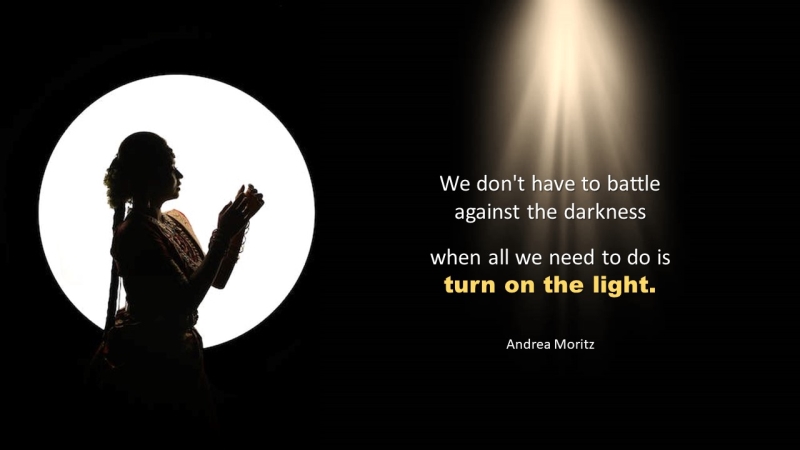
Living Your Best Life: Prioritizing What Lights You Up
HAVE YOU EVER HAD THE IMPRESSION THAT ALL YOU WERE DOING WAS GOING THROUGH THE MOTIONS OF LIFE? Do...

Holding Grudges? Here’s Why You Should Let Them Go
ARE YOU HARBORING RESENTMENTS FROM THE PAST? Do you frequently relive past complaints and hurts while harboring bitterness...
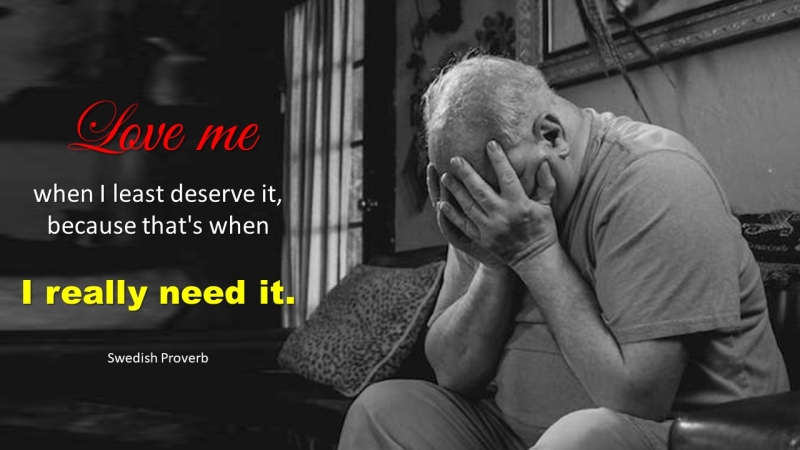
Loving Someone Who Doesn’t Deserve It
LIFE CAN BE COMPLEX AND UNPREDICTABLE, AND WE MAY SOMETIMES FEEL LOST, HELPLESS, OR undeserving of love and...
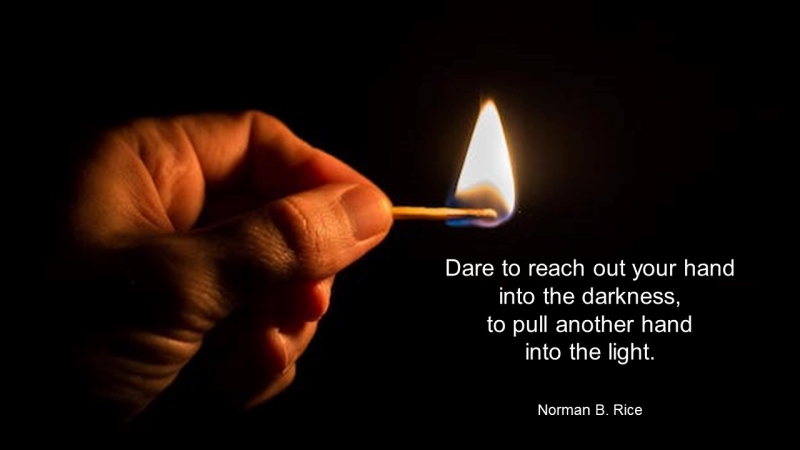
The Beauty of Compassion: Reaching Out to Those in Need
HAVE YOU EVER FELT LIKE WANDERING IN THE DARK, LOOKING FOR A WAY TO ESCAPE? Or perhaps you’ve witnessed...
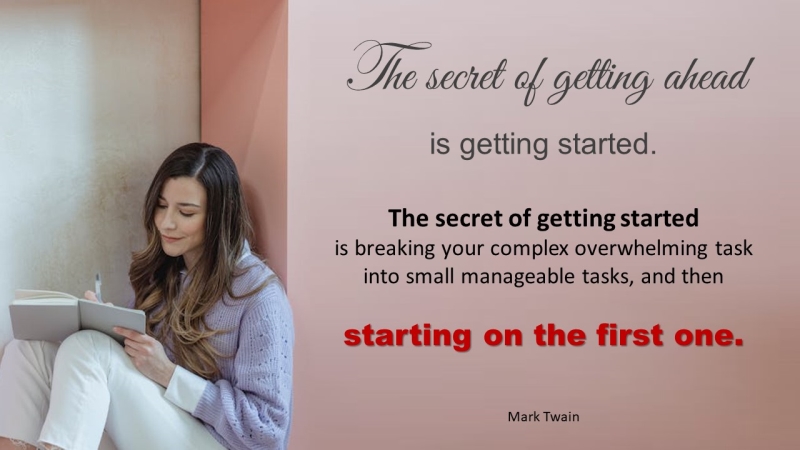
The Key to Success: Breaking Down Big Tasks into Small Wins
WELCOME, MY DEAR READERS, TO THIS ARTICLE THAT WILL CHANGE YOUR PERSPECTIVE ON ACHIEVING SUCCESS! Have you ever felt...
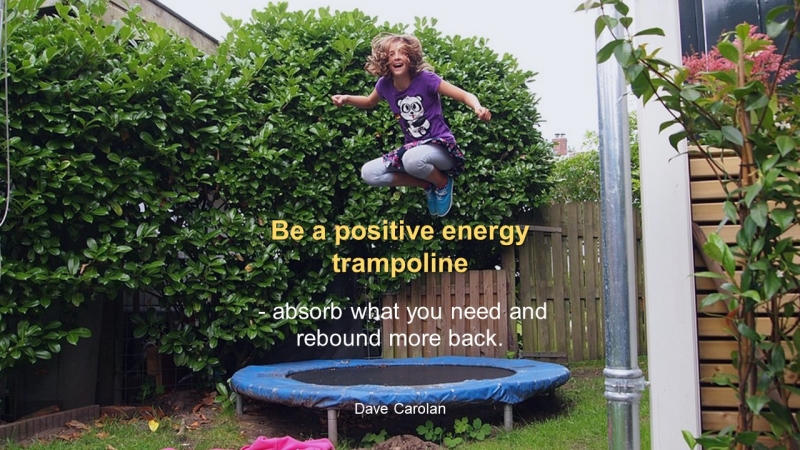
The Art of Absorbing Positive Energy and Bouncing it Back
WE OFTEN ENCOUNTER SITUATIONS THAT CAN DRAIN OUR ENERGY AND LEAVE US FEELING OVERWHELMED, STRESSED, OR ANXIOUS. That’s where...
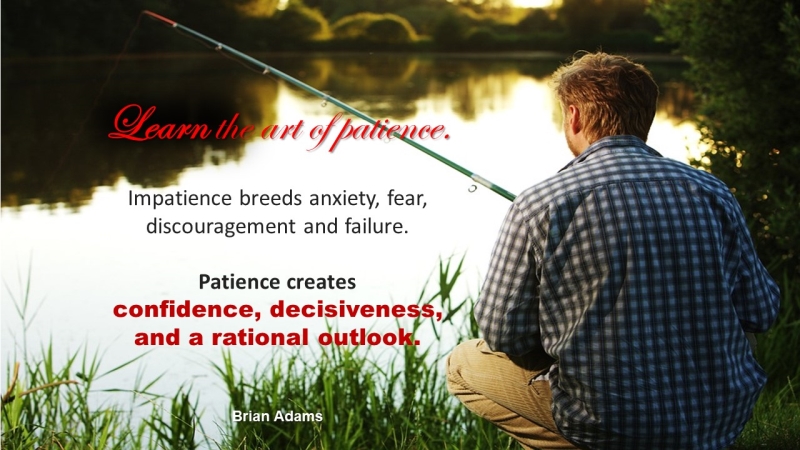
Patience Is the Ultimate Virtue in the Pursuit of Success
HAVE YOU EVER BEEN CLOSE TO COMPLETING A TASK WHEN YOUR IMPATIENCE STOOD IN THE WAY? We’ve all been...

Finding Happiness: The Simple Yet Powerful Recipe
HAPPINESS IS A POWERFUL EMOTION THAT CAN CHANGE OUR LIVES UNIMAGINABLY. It is the feeling we strive to achieve,...
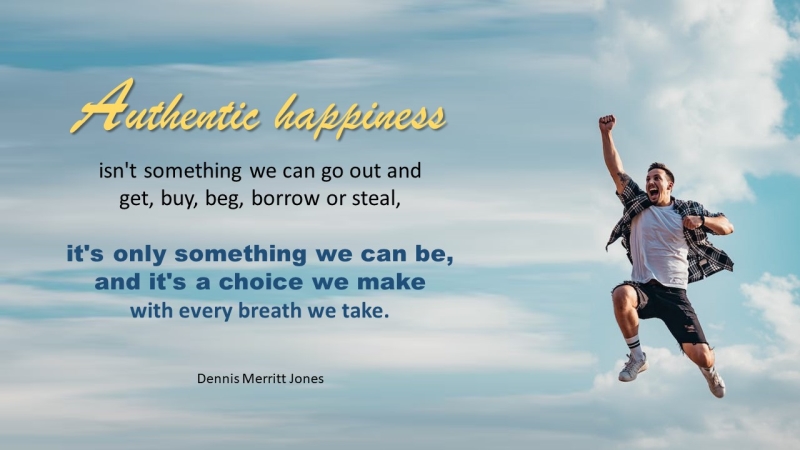
The Choice to Be Happy: How to Cultivate Authentic Joy
ARE YOU CONSTANTLY CHASING HAPPINESS, BUT IT ALWAYS SEEMS OUT OF REACH? Do you try to fill the void...
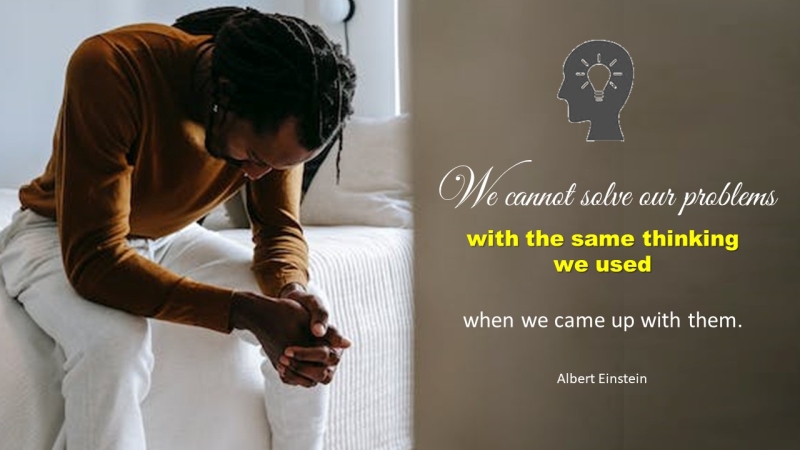
Unleashing Creativity: A New Way to Approach Problem-Solving
PROBLEM-SOLVING CAN BE A FRUSTRATING EXPERIENCE. No matter how hard we try, we often feel stuck, unable to find...